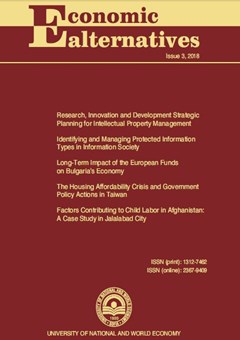Democracy: ‘There is something wrong in Denmark’ The Case of Bulgaria in the Second Decade of XXI Century
Author: Evgeniya Vasileva
Abstract
There are now expanding debates on the disappearance of the political social configuration and the emergence of a post-political or post-democratic one. We explore this post-democratization in the light of the South East European and Bulgarian experience. We argue that the contemporary democracy in Europe, especially in South Eastern Europe (SEE), represents a mixture of top-down and bottom-up systems with complex network dynamics, as well as incremental policies that are partially overlapping and partially independent. As a result, this process leads to a greater publicity than politics and contributes to a very slow but simultaneous change in the way actors operate.
We proceed in several steps. First, we discuss the configuration of post-democracy. The political has merged with techno-managerial governance. However, this drives manifestations of discontent and instability as was the case in Bulgaria with protests in 2013 and 2014. Second, we propose theoretical models that help us frame the dimensions and the factors of the process. Third, we present evidence from the latest massive street protests and the political and bank crises in Bulgaria. The paper explores the tension between politics (as something contextually dependent) and global corporate interests which capture the democratic procedures regardless of context.

